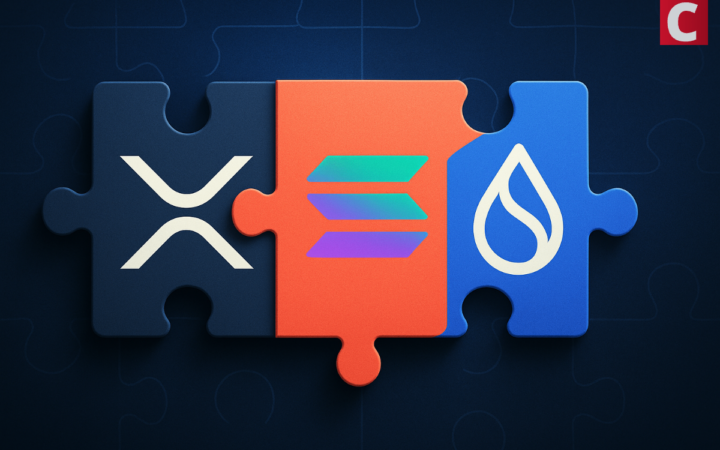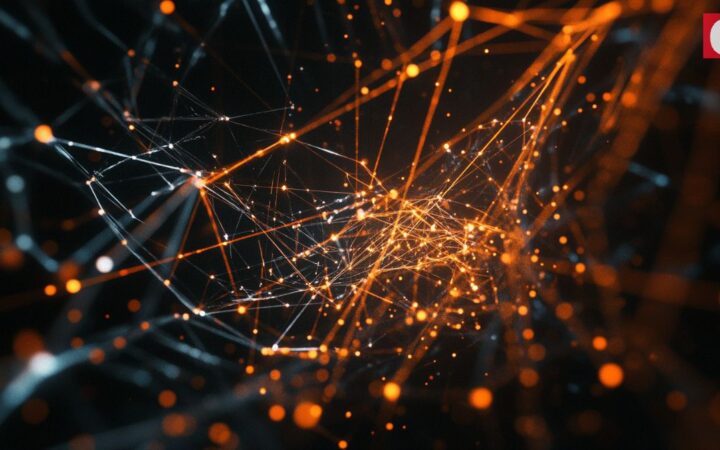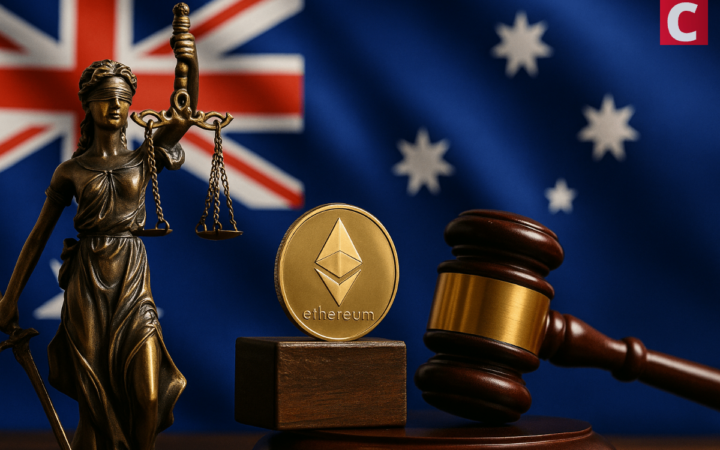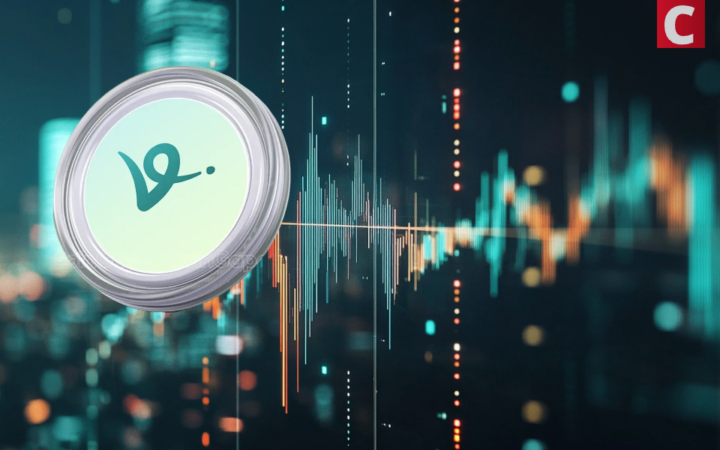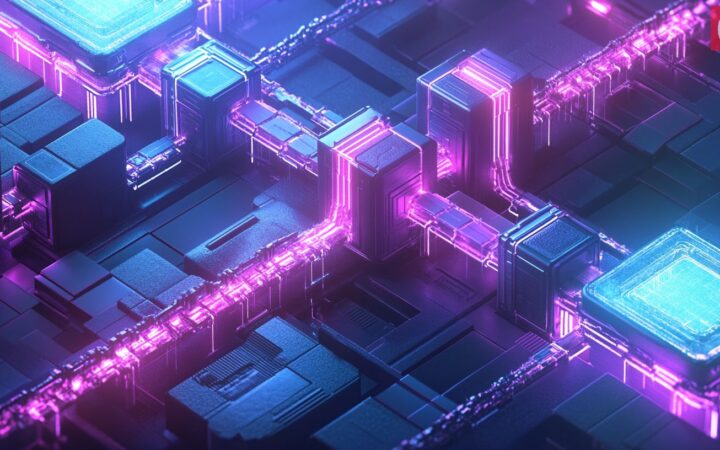
Darya is a crypto enthusiast who strongly believes in the future of blockchain. Being a hospitality professional, she is interested in finding the ways blockchain can change different industries and bring our life to a different level.
Using blockchain, Ford Motor Company, Huayou Cobalt, IBM, LG Chem, and RCS Global will ensure the ethical and responsible sourcing of industrially-mined cobalt.
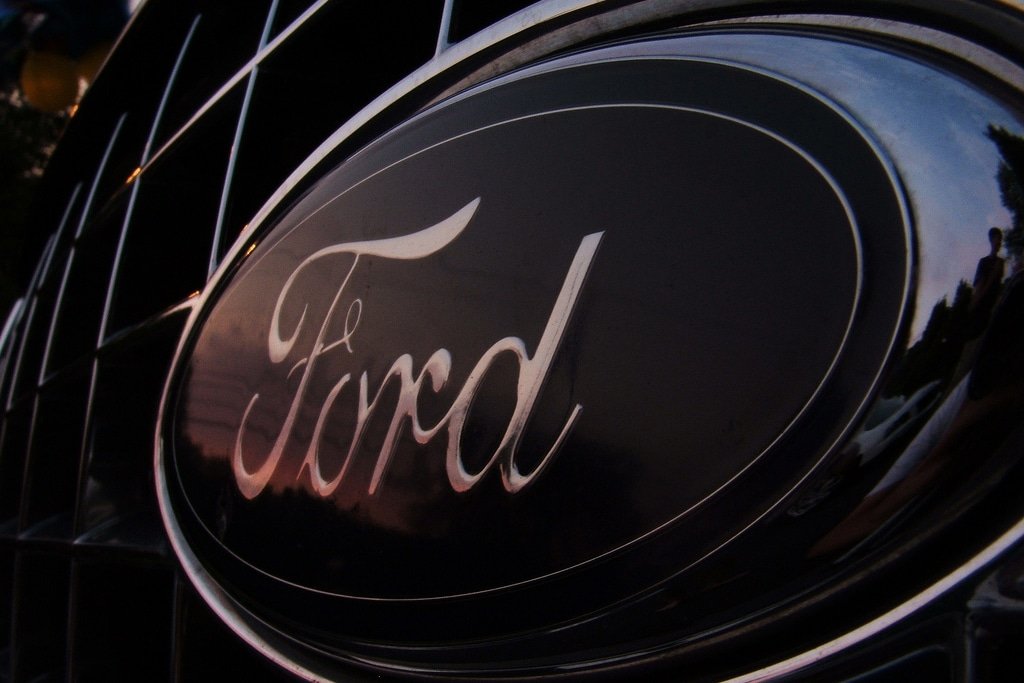
Cobalt, used in lithium-ion batteries to power laptops, mobile devices, and electric automobiles, is known as a mineral in high demand, and expected to multiply eightfold. This has led to great concern. Most of the world’s cobalt comes from the Democratic Republic of Congo (DRC), and there are suggestions that minerals are sourced with human rights abuses and used to fuel wars and human rights violations.
To ensure the ethical and responsible sourcing of industrially-mined cobalt, Ford Motor Company has joined forces with Huayou Cobalt, IBM, LG Chem, and RCS Global.
The mission of the coalition is to track supply chains for the metals industry using the Hyperledger Fabric blockchain platform and prove that minerals are sourced without human rights violations.
Manish Chawla, general manager of the global industrial products industry for IBM, commented:
“With the growing demand for cobalt, this group has come together with clear objectives to illustrate how blockchain can be used for greater assurance around social and environmental sustainability in the mining supply chain. The initial work by these organizations will be used as a precedent for the rest of the industry to be further extended to help ensure transparency around the materials going into our consumer goods.”
Lisa Drake, vice president of global purchasing and powertrain operations for Ford Motor Company, said:
“We remain committed to transparency across our global supply chain. By collaborating with other leading industries in this network, our intent is to use state-of-the-art technology to ensure materials produced for our vehicles will help meet our commitment to protecting human rights and the environment.”
As it was reported, the companies will begin with a pilot focused on cobalt, which is expected to be complete by the middle of this year. In this project, a 1.5 ton batch of cobalt will travel from the mine in the Democratic Republic of Congo to get refined in China, then to a battery plant in Korea and end up in the U.S. at the Ford plant as a battery for an electric car. This trip will last about five months. While cobalt traveling, companies will track it on the blockchain.
Moreover, an immutable audit trail will be created on the blockchain, which will provide the necessary data about the cobalt production from mine to end manufacturer. Participants in the network will be validated against responsible sourcing standards developed by the Organization for Economic Cooperation and Development (OECD).
Dr. Nicholas Garret, the group CEO at RCS Global, said:
“As the validator of the network, we will bring our vast experience working on responsible sourcing at all stages of the supply chain at all times. Our collective effort allows participating companies to progress from human-led risk management to technology-led impact generation in a highly efficient and cost-effective manner. Augmenting crucial human expertise and experience, this is a demonstration of technology for good, empowering vulnerable communities and protecting the environment. We are proud to be a member of the network.”
If the project is successful, the companies are planning to create an open, industry-wide blockchain platform that could ultimately be used to trace and validate a range of minerals used in many consumer products.
Manish Chawla, general manager of the global industrial products industry for IBM, stated:
“We want to allow small scale companies that follow responsible mining practices the opportunity to join a network that would ensure a market for responsible or better cobalt. The long-term intent here is to encourage and allow a platform that will let an entire industry participate in a global economy, as the world moves to electric devices and vehicles.”
The coalition seems to be successful. Relying on blockchain and its high potential, the participants can increase transparency not only in large miners but also in and small-scale mining companies, allowing them to sell their raw materials in the global market while meeting their internationally ratified responsibility requirements.
The solution can also be extended beyond cobalt, since tantalum, tin, tungsten, gold, and other materials can be tracked in the same way.

Darya is a crypto enthusiast who strongly believes in the future of blockchain. Being a hospitality professional, she is interested in finding the ways blockchain can change different industries and bring our life to a different level.
